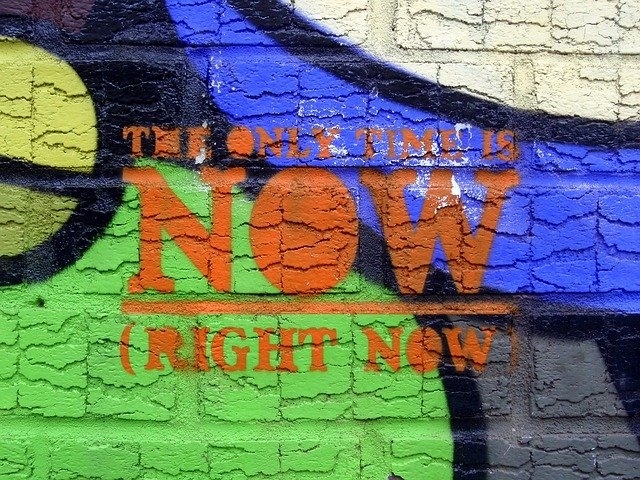he Professionalism & Leadership Domain Hub stands with African American Medical Librarians Alliance (AAMLA) Caucus, the Latinx Caucus, and other MLA groups in pushing for meaningful changes to dismantle systemic racism. Too many Black, Indigenous, and People of Color (BIPOC) have suffered and died. The recent murders of George Floyd, Breonna Taylor, Ahmaud Arbery, and Tony McDade have focused public attention on the harsh realities BIPOC face every day. We have the power and the responsibility to challenge the policies, attitudes, and behaviors that lead to police brutality, disparate health outcomes, and unequal opportunities.
The Professionalism & Leadership Domain Hub, a collaboration between several caucuses on behalf of all MLA members, works to develop training for every librarian to be a leader in their institutions and spheres of influence and to create and advocate for change. As librarians and educators in health settings, we commit to advocating for better policies and acting when witnessing or experiencing injustices.
Take Action Now
- Reflect on your own role. Where in your library and institution do you have influence or control? (Do you teach? Order content? Work on committees? Chat with people in the hallway? Etc.)
- Reflect on your own institutions. What policies, procedures, or practices pose barriers or lead to disparate outcomes for library staff, colleagues in other departments, students, and/or patients?
- Contact members of your administration, your senator or representative, or other people of influence to advocate for better policies.
- Listen compassionately when BIPOC share their experiences. Validate those experiences and amplify those messages.
- Create resource lists, guides, pamphlets, or other communication venues highlighting resources for learning more about systemic racism, starting discussions, and taking local action.
- Acknowledge when you fail to actively be anti-racist, but do not let it keep you from trying again. Reflect on why you failed and use what you learn to be anti-racist in the future.




